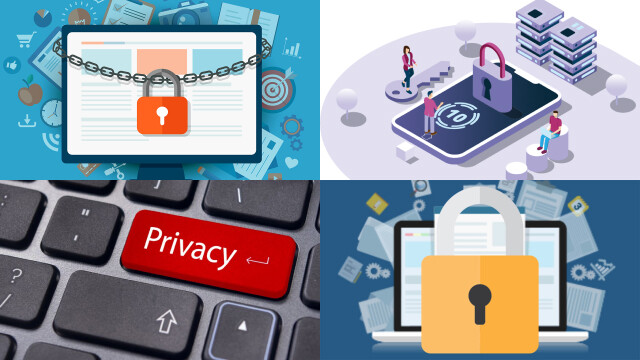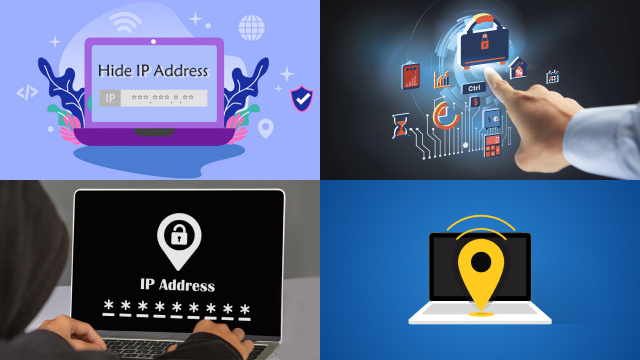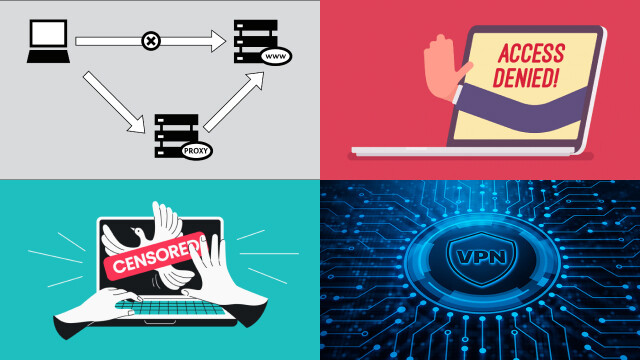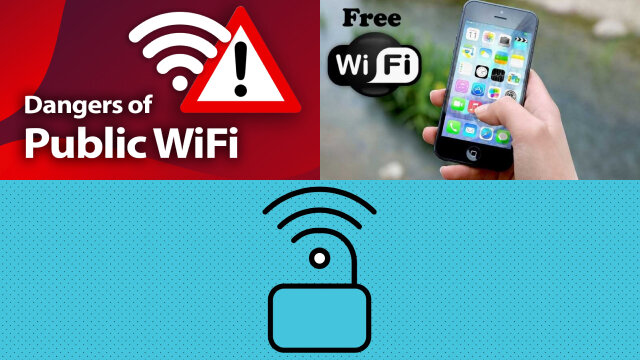Protects Your Online Privacy
One of the primary benefits of using a VPN is that it can protect your online privacy by encrypting your internet connection and shielding your online activity from prying eyes.
When you use a VPN, your online traffic is routed through a secure and encrypted connection to a server operated by the VPN provider. This means that anyone trying to intercept your online activity, including your internet service provider, government agencies, or hackers, will not be able to see what you are doing online.
In addition to encrypting your online activity, a VPN can also mask your IP address, which can be used to identify your location and potentially track your online activity. By hiding your IP address, a VPN can help to protect your online anonymity and further enhance your online privacy.
Overall, using a VPN is a simple and effective way to protect your online privacy and keep your online activity safe from prying eyes. With the added layer of security provided by a VPN, you can browse the internet with confidence and peace of mind.
Encrypts Your Internet Connection
When you connect to the internet, your online activity and data can potentially be intercepted by hackers, government agencies, or other third parties. However, by using a VPN, you can encrypt your internet connection and protect your data from prying eyes.
Encryption is the process of converting data into an unreadable format, which can only be deciphered with a special key. When you use a VPN, your online activity is encrypted using advanced encryption protocols, making it extremely difficult for anyone to intercept or decode your data.
By encrypting your internet connection, a VPN can protect your sensitive information, such as login credentials, credit card details, and other personal information, from being intercepted by hackers or other third parties. Additionally, encryption can help to prevent your internet service provider from tracking your online activity or selling your data to advertisers.
Overall, using a VPN to encrypt your internet connection is an important step towards securing your online privacy and protecting your sensitive information from prying eyes.
Hides Your IP Address
When you connect to the internet, your device is assigned a unique IP address that can be used to identify your location and track your online activity. However, when you use a VPN, your IP address is hidden, providing an extra layer of privacy and security.
A VPN works by routing your internet traffic through a server operated by the VPN provider. This server acts as a middleman between your device and the internet, and any requests you make to websites or services appear to come from the server’s IP address rather than your own.
By hiding your IP address, a VPN can protect your online anonymity and make it more difficult for third parties to track your online activity. This can be especially important if you are using public Wi-Fi networks or accessing sensitive information online.
In addition to providing privacy and security benefits, hiding your IP address can also be useful for accessing geo-restricted content. By connecting to a VPN server in a different location, you can appear to be located in that region and access content that may be blocked in your actual location.
Overall, using a VPN to hide your IP address is an effective way to enhance your online privacy and security, while also providing additional benefits such as access to geo-restricted content.
Allows Access to Geo-Restricted Content
Geo-restricted content refers to online content that is only available to users in specific geographic regions. This can include streaming services, online marketplaces, and even news websites.
Fortunately, a VPN can allow you to access this content by providing you with a virtual location in a different region. When you connect to a VPN server in a different country, your internet traffic appears to be originating from that region, allowing you to access content that may be otherwise blocked in your actual location.
For example, if you are located in the United States and want to access content that is only available to users in the United Kingdom, you can connect to a UK-based VPN server to access that content.
However, it’s important to note that not all VPNs are created equal when it comes to accessing geo-restricted content. Some streaming services and websites have implemented measures to detect and block VPN traffic, so it’s important to choose a VPN provider that is known to work with the content you want to access.
Overall, a VPN can be a powerful tool for accessing geo-restricted content, allowing you to enjoy a wider range of online content regardless of your location.
Bypasses Internet Censorship
Internet censorship refers to the practice of blocking or restricting access to certain websites or online content by governments or other organizations. This can limit the free flow of information and infringe on people’s right to access the internet.
Fortunately, a VPN can be an effective tool for bypassing internet censorship by allowing users to access blocked content. When you connect to a VPN server, your internet traffic is encrypted and routed through the VPN provider’s servers, effectively hiding your online activity from censorship authorities.
In some cases, VPNs can also allow users to access websites that are blocked at the ISP level by using techniques such as tunneling or obfuscation to bypass censorship measures.
However, it’s important to note that using a VPN to bypass internet censorship may not be legal in certain countries, and could result in severe consequences. It’s important to research the laws and regulations related to internet censorship and VPN usage in your country before using a VPN for this purpose.
Overall, a VPN can be a valuable tool for bypassing internet censorship and accessing blocked content, but it’s important to use it responsibly and with awareness of potential legal risks.
Protects Your Data from Hackers and Cybercriminals
In today’s digital world, cyber attacks are becoming increasingly common, with hackers and cybercriminals constantly looking for vulnerabilities to exploit. One of the best ways to protect your data from these threats is by using a VPN.
When you connect to a VPN, all your internet traffic is encrypted and routed through a secure tunnel, making it virtually impossible for anyone to intercept or steal your data. This is especially important when using public Wi-Fi networks, which are often targeted by hackers looking to steal personal information.
A VPN can also protect your data by masking your IP address and making it difficult for cybercriminals to track your online activity. This can help prevent targeted attacks and keep your personal information safe.
Overall, using a VPN is an effective way to protect your data from hackers and cybercriminals. However, it’s important to choose a reputable VPN provider and follow best practices for online security, such as using strong passwords and keeping your software up to date.
Improves Your Online Security
In today’s digital age, online security has become a major concern for individuals and businesses alike. One way to improve your online security is by using a VPN, or virtual private network.
A VPN encrypts your internet traffic and routes it through a secure server, making it difficult for anyone to intercept or access your data. This is especially important when using public Wi-Fi networks or when traveling, as these situations often present opportunities for hackers to gain access to your personal information.
Additionally, a VPN can help protect your online privacy by masking your IP address and location. This makes it more difficult for websites and advertisers to track your online activity and target you with personalized ads.
Overall, using a VPN can greatly improve your online security and protect your sensitive information from being accessed by unauthorized individuals. It’s important to choose a reputable VPN provider and follow best practices for online security to maximize the benefits of using a VPN.
Offers Peace of Mind When Using Public Wi-Fi
Using public Wi-Fi can be convenient, but it also exposes your sensitive data to potential risks. When you connect to a public Wi-Fi network, hackers and other cybercriminals can intercept your internet traffic and gain access to your personal information, including login credentials, banking details, and other sensitive data. This is where VPN comes in handy as it offers peace of mind by encrypting your internet traffic and protecting your online activities from prying eyes.
With a VPN, all your online activities are encrypted, making it impossible for anyone to spy on your online activities. VPN creates a secure tunnel between your device and the internet, which prevents hackers and other cybercriminals from accessing your data. You can use public Wi-Fi networks without worrying about someone stealing your personal information or identity. This peace of mind can allow you to stay productive while you’re on-the-go, accessing the internet without compromising your online security.




